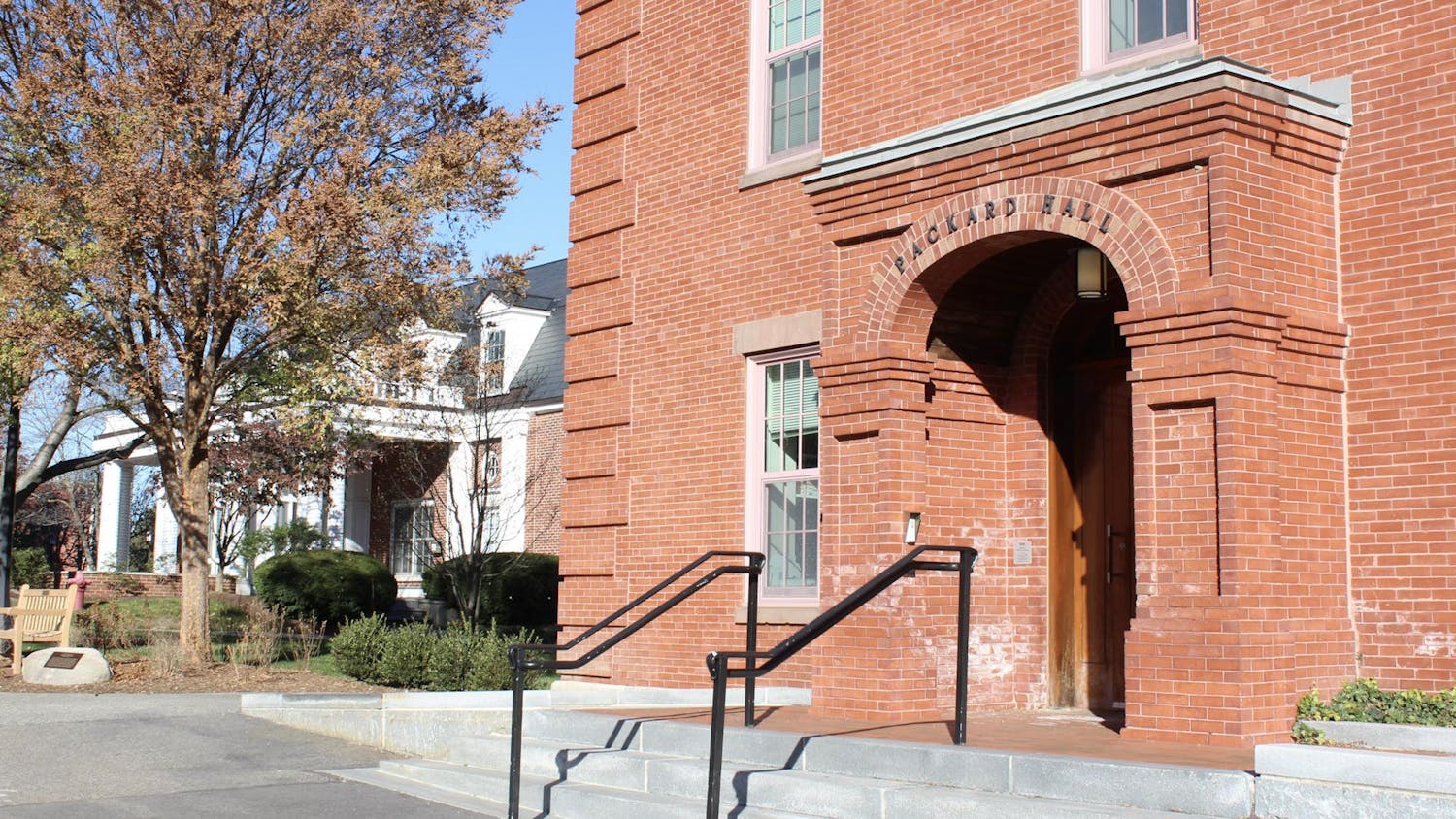The John Simon Guggenheim Memorial Foundation has awarded two Tufts professors Guggenheim fellowships for their previous outstanding work in their fields, as well as for an investment in their future research. Moon Duchin, an associate mathematics professor, and Aniruddh Patel, a psychology professor, were chosen from almost 3,000 applicants to receive two of approximately 175 Guggenheim fellowships.
Mac Diamond, chief advancement officer of the John Simon Guggenheim Foundation, said that the award was a statement to the importance of Duchin and Patel's research.
“Name the field, and you’ll find renowned practitioners who have held the Fellowship,” Diamond said.
This award not only recognizes past excellence, but also provides funding to support future research and publications by both exceptional academics and artists. To this end, it has awarded over $360 million to thousands of fellows, including individuals who would go on to win Nobel and Pulitzer prizes.
Both Duchin and Patel were excited and honored to have received such a commendation that would allow them to pursue a subject they were passionate about.
Duchin explained that the award will help further develop her work on the mathematics of gerrymandering.
“I've been working for about two years on a project to investigate mathematical interventions in redistricting, which I think of as an application of math to civil rights,” Duchin said.
Duchin explained it was her study of congressional district shapes that ended up leading to this project. She brings this knowledge of gerrymandering to Tufts students in her class, Math of Social Choice, and reported that students were showing enthusiasm for a more generalized version of her project on gerrymandering.
Meanwhile, Patel said he would be using his Guggenheim fellowship to pursue a study related to music and psychology.
“I got the fellowship to write a book on the evolution of music cognition ... taking a biological evolutionary approach to our capacity for music,” Patel said.
Patel's book will explore the question of whether or not music has shaped human evolution, and if so, how. He will be taking a yearlong sabbatical to tackle the task of writing and publishing a book. The fellowship will provide him the time and funds to take on the project, and he credits support from his Tufts colleagues with helping him make the decision to take a year off from teaching.
Two Tufts professors awarded Guggenheim Fellowships

Professor Aniruddh Patel poses for a portrait.





